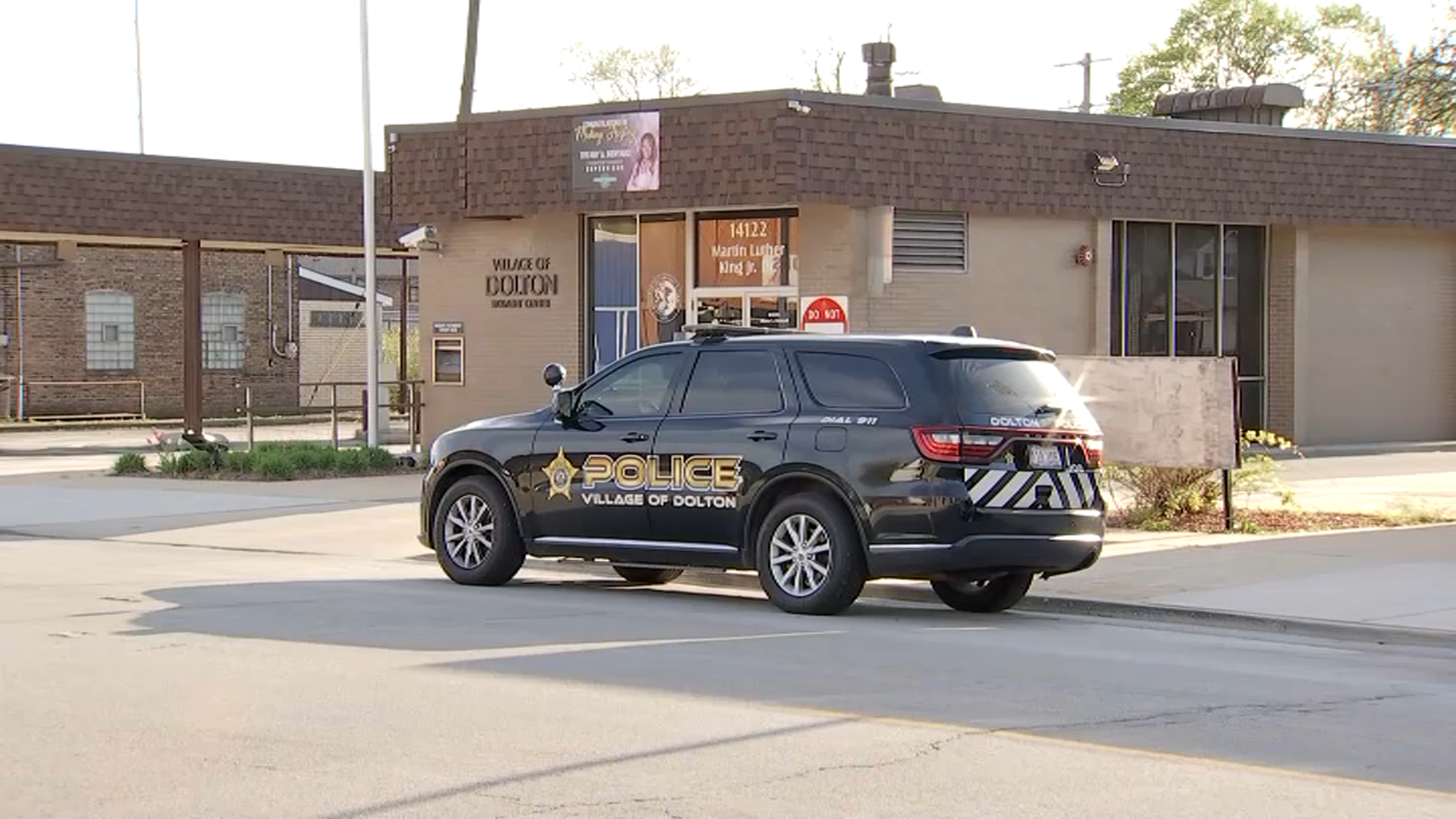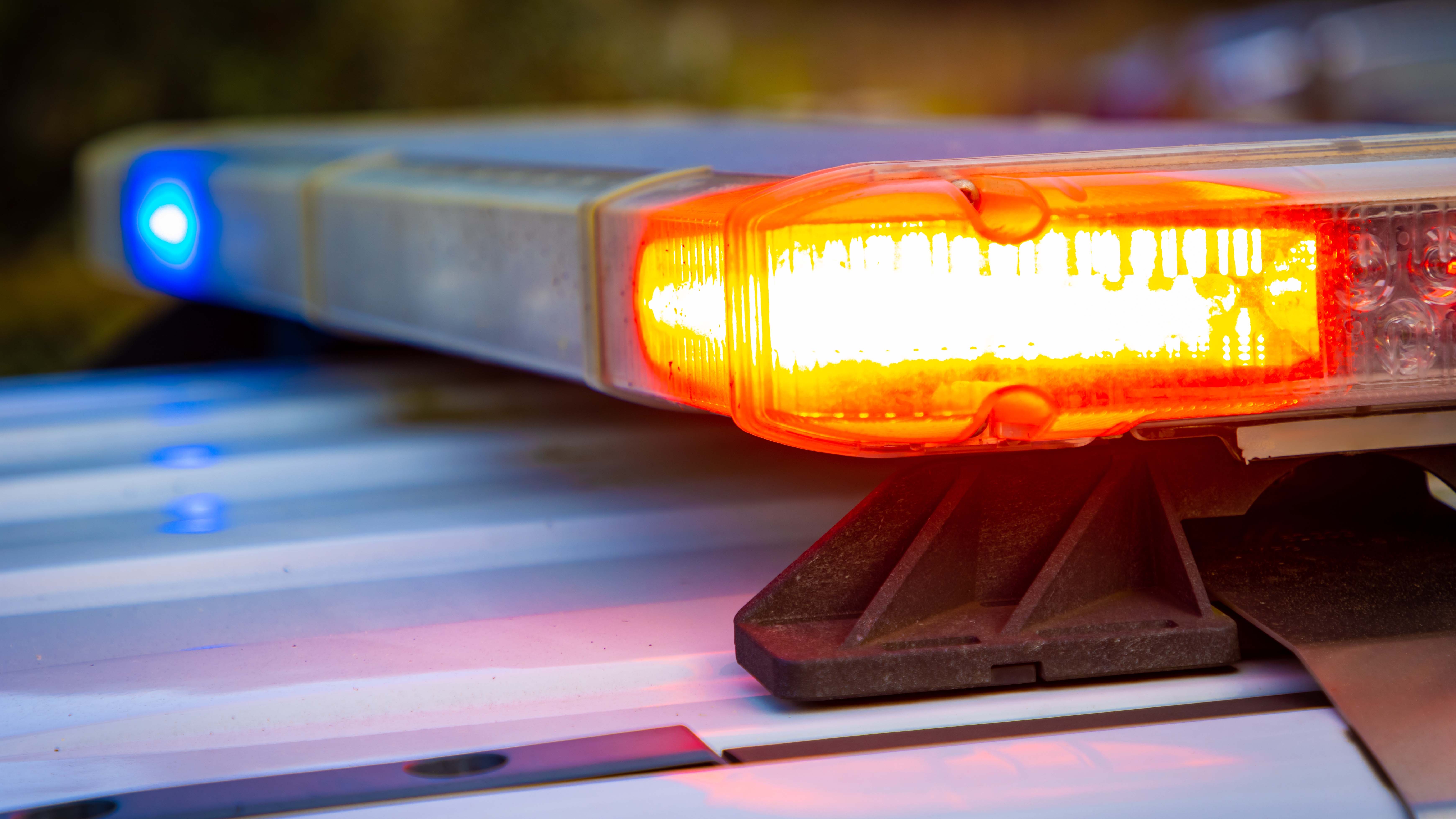U.S. health authorities are recommending an extra dose of the COVID-19 vaccine for all Americans eight months after they received their second dose of the Pfizer or Moderna shot, but what about the Johnson & Johnson vaccine?
Here's what we know so far:
Do people who got the Johnson & Johnson vaccine need a booster shot and if so, can they get one?
A recent statement from health officials said people who received the one-shot Johnson & Johnson vaccine will likely need a booster shot, but more information is needed because the U.S. didn't begin administering it until March 2021.
Feeling out of the loop? We'll catch you up on the Chicago news you need to know. Sign up for the weekly Chicago Catch-Up newsletter here.
Health officials are expecting to receive more data "in the next few weeks" and will "keep the public informed with a timely plan for J&J booster shots as well."
The FDA and CDC’s approval and recommendation for immunocompromised individuals also does not apply to those who got the Johnson and Johnson vaccine.
"There is not enough data at this time to determine whether immunocompromised people who received the Johnson & Johnson’s Janssen COVID-19 vaccine also have an improved antibody response following an additional dose of the same vaccine," the CDC states.
Local
Johnson & Johnson said Wednesday a booster shot of its COVID vaccine generated a promising immune response in early stage clinical trials.
The company said that J&J recipients who received a booster dose of the shot generated virus-fighting antibodies "nine-fold higher" than those seen four weeks after a single dose.
Increases in antibody responses were observed in vaccine trial participants between ages 18 and 55, the company said, and in those 65 years and older who received a lower dosage of the booster shot.
The results are based on two Phase 1/2 studies, according to the company.
While the new data is promising, the company's press release made no mention of the booster shots' potential impact on the coronavirus delta variant or on safety.
The company said Wednesday it is engaging with the Food and Drug Administration and other health authorities regarding booster shots.
Who is eligible for booster shots under the current guidance?
In a joint statement, the directors of the Centers for Disease Control and Prevention, Health and Human Services, the National Institute of Health and other top medical experts, outlined plans to begin administering booster shots later next month.
The overall plan is pending a Food and Drug Administration evaluation of the safety and effectiveness of a third dose, the officials said.
Those who were fully vaccinated earliest, which includes health care workers, nursing home residents and other older people, will be first in line to get a booster shot before they are available to the general public.
"As we see what this data is based on, as we think about prioritization, it's really our oldest folks who we know are at highest risk," Chicago Department of Public Health Commissioner Dr. Allison Arwady said Tuesday during a Facebook Live. "And, you know, I've been sort of hinting all along that if and when we saw a potential booster I think it would be most likely to at least start with thinking about folks in the nursing homes or those oldest Chicagoans."
U.S. regulators already authorized an extra dose of the Pfizer or Moderna COVID-19 vaccines for people with compromised immune systems last week. The U.S. Centers for Disease Control and Prevention advisory panel also recommended the extra shot for those individuals Friday.
The announcement applies to several million Americans who are especially vulnerable because of organ transplants, certain cancers or other disorders and who received the Moderna or Pfizer COVID vaccines.
According to the CDC, the list includes people who have:
- Been receiving active cancer treatment for tumors or cancers of the blood
- Received an organ transplant and are taking medicine to suppress the immune system
- Received a stem cell transplant within the last 2 years or are taking medicine to suppress the immune system
- Moderate or severe primary immunodeficiency (such as DiGeorge syndrome, Wiskott-Aldrich syndrome)
- Advanced or untreated HIV infection
- Active treatment with high-dose corticosteroids or other drugs that may suppress your immune response
The agency notes that "people should talk to their healthcare provider about their medical condition, and whether getting an additional dose is appropriate for them."
When can eligible people get their third dose?
The FDA determined that transplant recipients and others with a similar level of compromised immunity can receive a third dose of the vaccines from Pfizer and Moderna at least 28 days after getting their second shot.
Meanwhile, medical experts outlined plans to begin administering booster shots for all Americans with Pfizer or Moderna vaccines beginning the week of Sept. 20.
The booster shots should be given eight months after a person received their second dose of the Pfizer or Moderna shot in order to gain longer-lasting protection against the coronavirus as the delta variant spreads across the country.
Chicago's top doctor says the city is "absolutely ready" to administer booster vaccines to those with compromised immune systems.
"We are absolutely ready," Arwady said. "We have vaccine available, especially because if this recommendation comes through, it would be for probably 2-3% of eligible Chicagoans where we think about even... kind of the outside estimate of who this might include."
Walgreens announced Friday that its pharmacies will offer additional COVID-19 vaccine doses to eligible patients with compromised immune systems.
“Walgreens is committed to administering COVID-19 vaccines to our most vulnerable populations as quickly and safely as possible,” said Kevin Ban, Walgreens Chief Medical Officer. “As one of the first companies to begin providing these vaccines, we have an experienced team of pharmacists and technicians, as well as the infrastructure to support the increased demand for these vaccines.”
Walgreens has begun offering same-day appointments available to such patients on a walk-in basis at select stores, the company said. Patients will bring their vaccination card or record to the appointments to prove eligibility.
Why should people get a third shot?
The most recent announcement comes as the extra-contagious delta version of the coronavirus surges through much of the country, pushing new cases, hospitalizations and deaths to heights not seen since last winter.
For months, officials had said data still indicated that people remain highly protected from COVID-19, including the delta variant, after receiving the two-dose Pfizer or Moderna regimen or the one-shot Johnson & Johnson vaccine.
"Based on our latest assessment, the current protection against severe disease, hospitalization, and death could diminish in the months ahead, especially among those who are at higher risk or were vaccinated during the earlier phases of the vaccination rollout," the statement from health experts said. "For that reason, we conclude that a booster shot will be needed to maximize vaccine-induced protection and prolong its durability."
As for those with immune deficiencies, it’s harder for vaccines to rev up an immune system suppressed by certain medications and diseases, so those patients don’t always get the same protection as otherwise healthy people — and small studies suggest for at least some, an extra dose may be the solution.
"There has been a number of studies looking at how well does the vaccine perform in people with different underlying conditions? And the vaccine performs beautifully in the huge majority of Americans, but in people who are severely immunocompromised, for example after an organ transplant or people who are undergoing chemotherapy or who are on severe immune suppressing medications - not surprisingly, the goal of those medications and treatment is to suppress the immune system and so we don't see the immune system, in some cases, learning the lesson as well about how to fight off COVID," Chicago Department of Public Health Commissioner Dr. Allison Arwady said Thursday morning.
Do immunocompromised people need to get a third shot of the same vaccine they already received?
According to the CDC, "a third dose of the same mRNA vaccine should be used."
"A person should not receive more than three mRNA vaccine doses. If the mRNA vaccine product given for the first two doses is not available or is unknown, either mRNA COVID-19 vaccine product may be administered," the agency's website states.
Are there any risks with getting a third dose? What about side effects?
The CDC reports there is "limited information about the risks of receiving an additional dose of vaccine, and the safety, efficacy, and benefit of additional doses of COVID-19 vaccine in immunocompromised people continues to be evaluated."
The agency noted that side effects with the third shot "were similar to that of the two-dose series."
The most common symptoms include fatigue and pain at the injection site, but "most symptoms were mild to moderate."
As with previous doses of the vaccine, the CDC notes that, "serious side effects are rare, but may occur."



